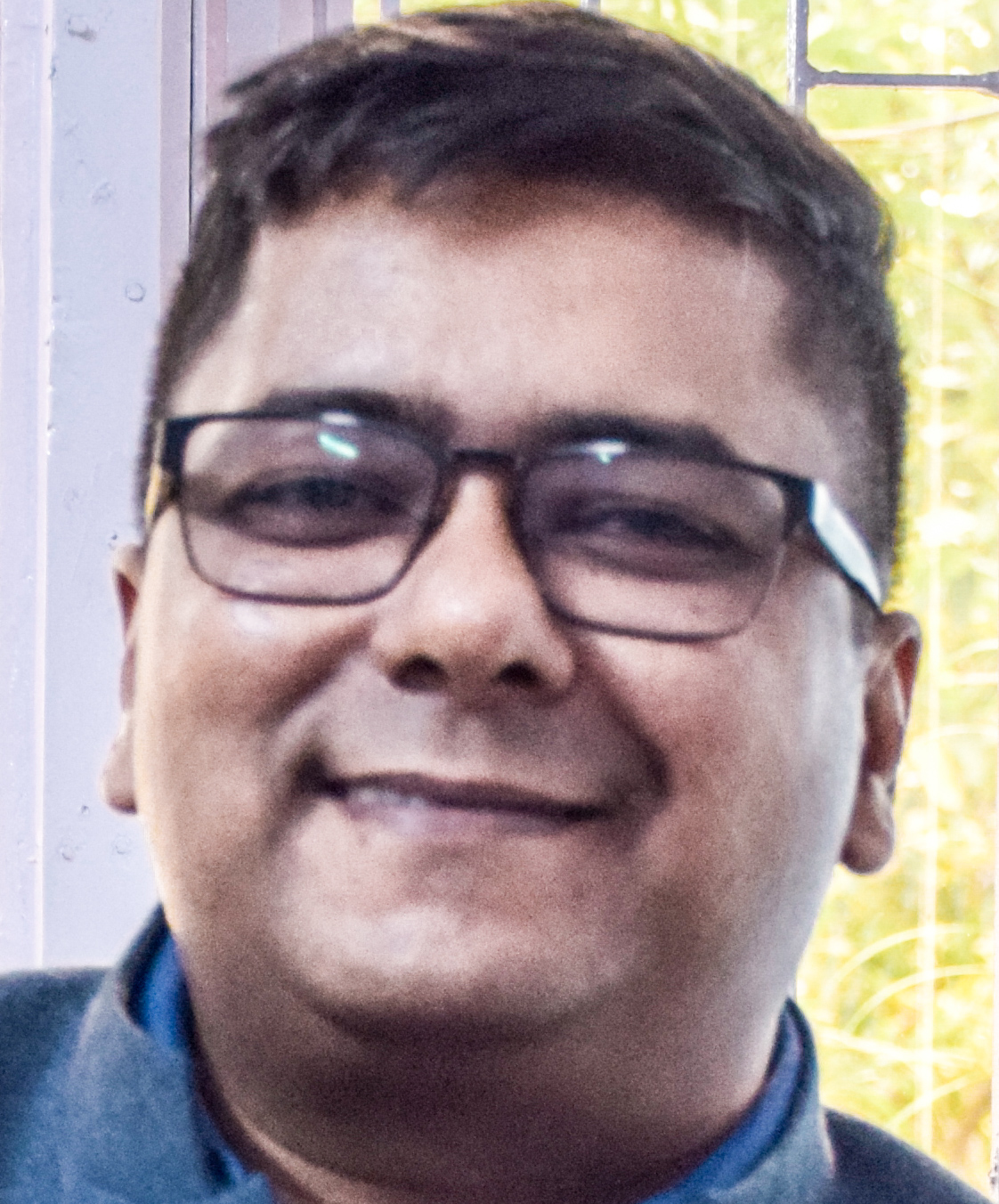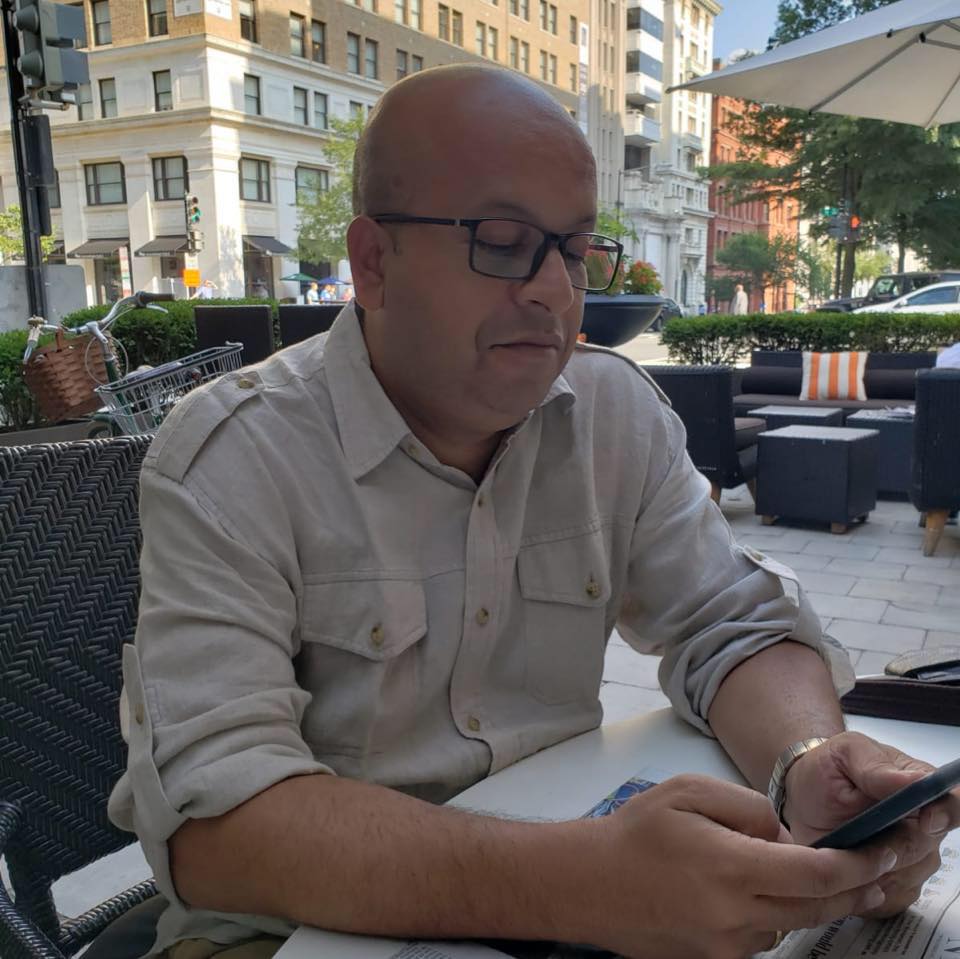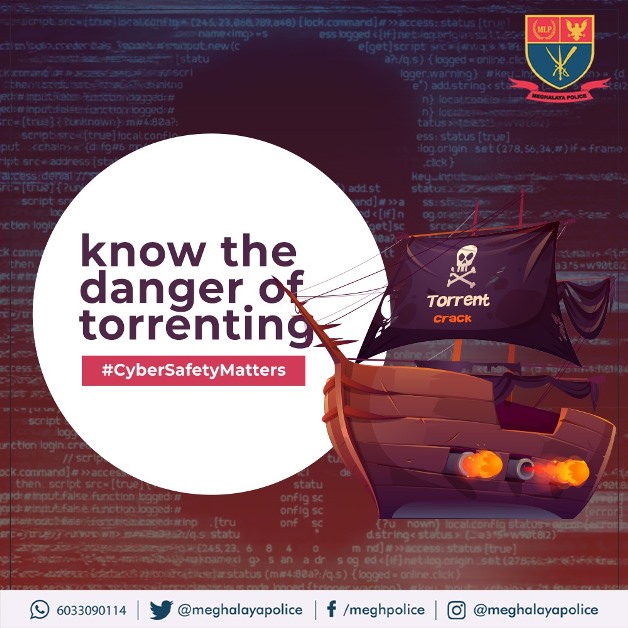Says Cyber Expert Subimal Bhattacharjee
 Biswadeep Gupta
Biswadeep Gupta

Subimal Bhattacharjee the noted cybersecurity expert in the country and hailing from Barak Valley region of Assam spoke at length on his recent induction in the board of Journal of Cyber Policy of Chattam House London. He echoed and said, ‘I am very happy to be a part of the prestigious editorial board of the Journal of Cyber Policy of Chatham House London, one of the most prestigious think tanks of the world celebrating its centenary this year’.
The excerpts of the online interview with KRC Times is stated below:
Biswadeep Gupta (BG): Can you please let us know the background and the history and how you are associated with the Think Tank?
Subimal Bhattacharjee (SB): I have been working on cybersecurity and policy issues for more than two decades and have been involved with many global organisations and corporations. I have spoken in the top ten think tanks of the world even before I was 40. That includes Council of Foreign Relations New York, Chatham House London, The Brookings Institution Washington DC etc
Chatham House or the Royal Institute of International Affairs is one of the oldest and topmost think tanks of the world based out of London and I was fortunate to speak there first in the year 2003 to a very select group in a session hosted by Dr Olivia Bosch the former Weapons Inspector in Iraq.

This current appointment for the Editorial board position for the Journal of Cyber Policy published by Chatham House are an honour and privilege as this board is a prestigious one with Dr Patricia Lewis, the Director of International Security Programme at Chatham House London as the Chair and many stalwarts from across the world as members. It will be a privilege to work with Sir David Omand of Kings College and formerly Permanent Secretary of UK Home Office, Prof Phillip Howard, Director Oxford Internet Institute, Oxford University, Prof Richard Dasher, Director of US-Asia Technology Management centre, Stanford University, Dr Myriam Dunn Cavelty at Center for Security Studies, ETH Zurich among others.
BG: How do you see the impact the Think Tank is going to create looking into the current global scenario and what your thought process in terms of your contribution and leadership?
(SB): Think tanks play a major role in shaping the policies around many issues and globally they have been very relevant. In India also a few think tanks are gaining in importance with their timely policy papers and ideas. Cyber related policies happen to be a very important area as the world is looking at cyber warfare and related threats in the near future. The global community is working towards some norms of global cyber behaviour.

I have been involved in some capacity in these efforts right from 2005 and was also a member of the research advisory committee member of the Global Commission on Internet Governance set up in the year 2014 and an extensive report was provided about the way forward on cyber policies and approach. Besides I still continue to participate and advise many organisations on these issues.
BG: How do you see Indian Cyber Policy evolving and the road ahead?
The Indian cyber policy has been evolving since the year 2000 when the Information Technology Act was enacted by parliament and then it has continued its growth and a wider approach was notified in May 2003 when the National Cyber Security Policy (NCSP) was announced. Now the present government is working on a revised NCSP and also revising the IT Act. Much of policy work and studies are also happening on data security and privacy issues and Digital India and his implementation is also expanding the arena. More and more people are becoming digital citizens and India already has more than 60 crores internet users out of which 40 crores are in social media. However, a lot of work has still to be done so that cybersecurity remains a strong priority of the government and society.
BG: What opportunities do you see for youth to pursue a career in Cyber Law and what should be one’s choice of career path?
(SB): It is undoubtedly one of the areas to focus on and the career options are great. In fact, I have guided many such students over the last decades and today they are established, cyber related lawyers. The future belongs to data and privacy and these will have many legal situations that need legal understanding and intervention.

BG: How do you see India evolving from the current economic situation and what role do the digital economy can play vis-a-vis our financial institution, people and the industry as the ecosystem?
(SB): The current economic situation has been impacted definitely by COVID19 which has also seen the rise of digital participation with more online banking and online commerce. However, there are a lot of issues that need to be dealt with much beyond the digital ecosystem. Much of the macroeconomic issues also have to be addressed so that the economy is brought back to normalcy soonest. It is very important to explore avenues for job creation and definitely the digital economy will help in that direction. Already the use of AADHAR in many public delivery systems is helping to optimise resources and deliver efficiently.





